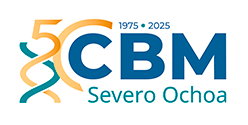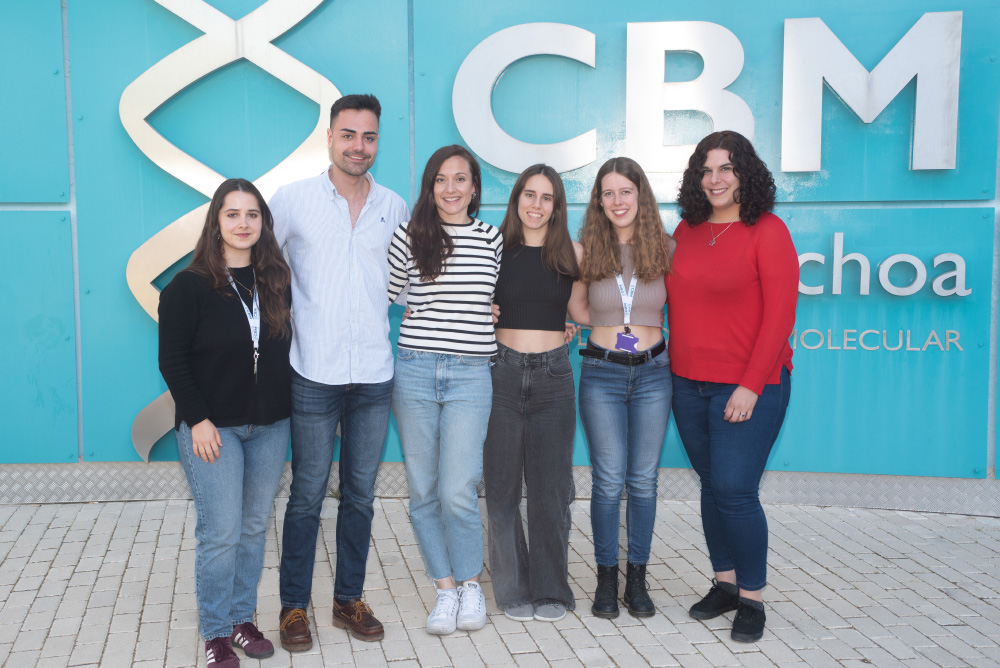Scientific Program
Physiological and pathological processes
RESEARCH GROUP
Vascular inflammation and autophagy

Natalia Reglero Real
Our lab is interested in exploring the interplay between immune cells and the vascular system during physiological and pathological inflammation with the aim of identifying new therapeutic targets to modulate inflammatory diseases. To address our research questions, we use a variety of in vitro and in vivo techniques, including cutting-edge high-resolution microscopy, quantitative proteomics and murine models of inflammation.

Research
Inflammation is at the basis of a plethora of diseases with very different aetiological origins. Although this immune reaction plays a paramount role during host survival and tissue repair, inflammation must be tightly regulated to avoid excessive tissue damage and the instigation of inflammatory diseases. For instance, uncontrolled recruitment of immune cells from blood vessels to injured tissues, as well as dysregulated vascular leakage, can lead to the development of numerous pathologies, including highly prevalent cardiovascular, metabolic and infectious conditions as well as tumour progression. Therefore, understanding the mechanisms through which the vasculature becomes dysfunctional during pathological inflammation is an area of extremely forefront research interest.
In recent years, autophagy, a metabolic, cytoplasmic quality control and general homeostatic process, has emerged as a central regulator of immune functions. So far, most of this evidence derives from immune cell-autonomous control of inflammation, with autophagy regulating the survival, differentiation, polarization and inflammatory mediator generation of diverse immune cell subsets. Crucially, our group has demonstrated that autophagy processes in endothelial cells, the portal governing the entry of leukocytes and macromolecules into tissues, are essential to limit neutrophil tissue recruitment during acute inflammation and associated tissue damage. However, the molecular mechanisms and nature of the autophagy processes regulating this phenomenon is still unknown. Hence, the main goal of our emerging laboratory is to decipher the molecular mechanisms through which endothelial cell autophagy pathways shape the inflammatory response with the aim of identifying new therapeutic approaches for the regulation of inflammatory disorders. Collectively, we aim to explore the initiating factors, molecular characteristics and pathophysiological relevance of endothelial autophagy processes during acute and chronic inflammation as well as ageing-associated pathologies.
Group members

Natalia Reglero Real
Lab.: 304 Ext.: 4498
nreglero(at)cbm.csic.es
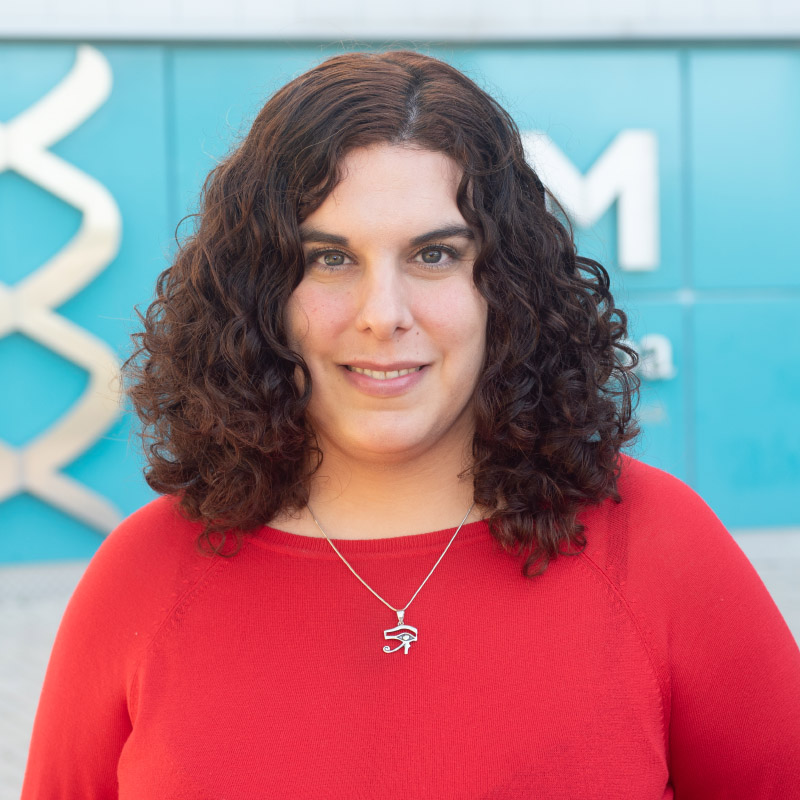
Dafne García Mateos
Lab.: 304 Ext.: 4656
dafne.garcia(at)cbm.csic.es
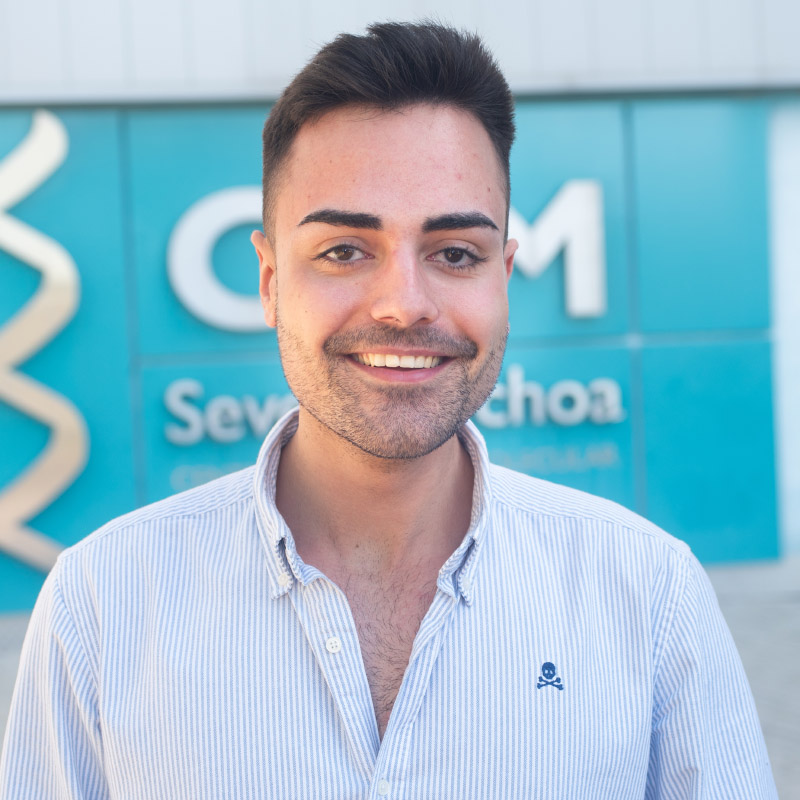
Guillermo Marcos Zapatero
Lab.: 304 Ext.: 4656
gmarcos(at)cbm.csic.es
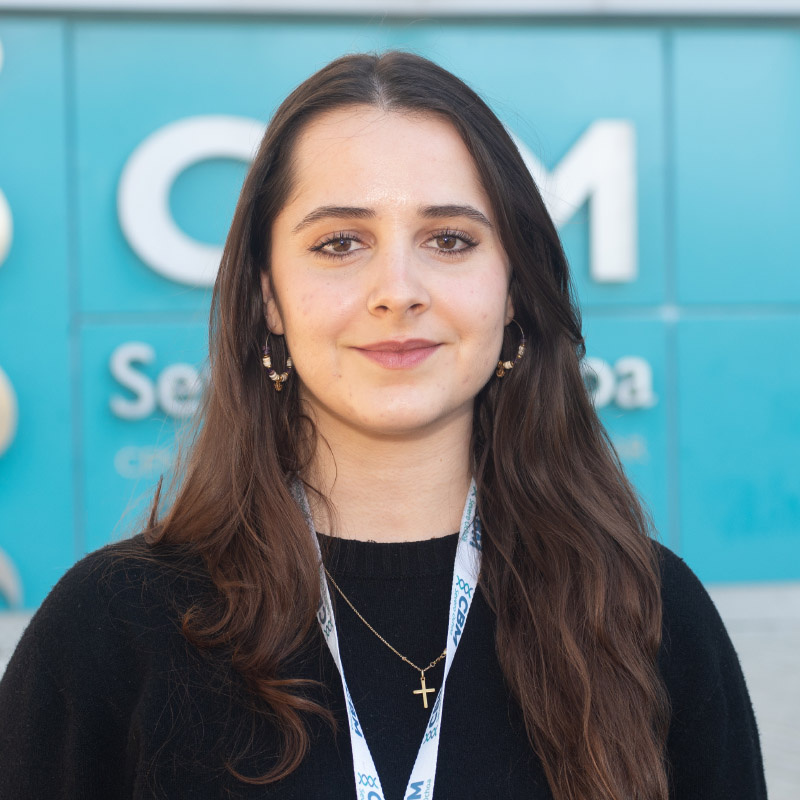
Irene Carriles Moar
Lab.: 304 Ext.: 4656
irene.carriles(at)cbm.csic.es

Juan de la Cruz Fernandez
Lab.: 304 Ext.: 4498
Selected publications
Autophagy modulates endothelial junctions to restrain neutrophil diapedesis during inflammation
Natalia Reglero-Real et al.
Age-related changes in the local milieu of inflamed tissues cause aberrant neutrophil trafficking and subsequent remote organ damage
Anna Barkaway et al.

Endothelial Cell Junctional Adhesion Molecules: Role and Regulation of Expression in Inflammation
Natalia Reglero-Real et al.

Apicobasal Polarity Controls Lymphocyte Adhesion to Hepatic Epithelial Cells
Natalia Reglero-Real et al.
